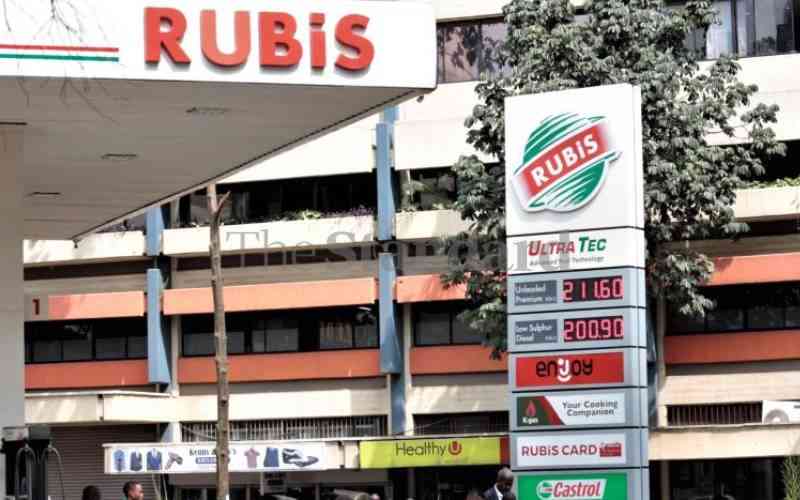Kenya, like other nations in a continent that boasts some of the fastest growth rates in the world, is racing to upgrade neglected infrastructure, improve regulations and revise often outdated economic figures to spur investment. For some, there are echoes of the start of Asia’s rise.
But Kenya’s challenges, many of which are mirrored across Africa, are formidable if it wants to build on recent gains. It cannot boast the high savings that helped Asian economies and efforts to attract the kind of industry that will create jobs and boost exports have had mixed results.
“It needs a higher rate of savings and more investment in infrastructure to boost the country’s productive potential,” said Razia Khan, head of research for Africa at Standard Chartered in London.
Gross national savings are 11 per cent of gross domestic product (GDP), the International Monetary Fund says, below the 26 per cent target set in the Vision 2030 economic blueprint and the kind of level seen in some Asian nations.
Savings are vital if Kenya is to avoid loading up too heavily on foreign debt to fix roads, pave dirt tracks and build power plants to meet the needs of businesses which frequently complain about the cost of electricity and outages. French retailer Carrefour is one several new investors in Kenya, shrugging off the east African nation’s infrastructure and other challenges to bet instead on the growing number of middle class Kenyans with money to spare.
Anchor tenant
Through its Dubai-based franchisee Majid al Futtaim, Carrefour will become the anchor tenant of the new Two Rivers mall due to open next year in Nairobi. “There is huge demand,” said James Mworia, chief executive of Centum Investment, the main investor in the mall, which is part of a bigger commercial and residential development.
“What is lacking today in Kenya and Africa generally is quality places for people to do business,” he said at the building site. But while Kenya’s consumers may catch the attention of companies like Carrefour and Porsche, the country needs to draw manufacturing and other industries if it is to generate more jobs and help expand exports beyond commodities, industry executives say.
Other firms are struggling. Even budding clothes makers complain about expensive power supplies and poor infrastructure, saying it drives some investors away. Eveready East Africa said in October it was stopping production of batteries in Kenya, with the loss of 99 jobs, and shifting to Egypt.
“It is not competitive,” said the firm’s Chief Executive, Jackson Mutua. “There are a number of factors that they need to put right.” When Kenya revised data, the economy was judged to be 25 per cent bigger than originally estimated
 The Standard Group Plc is a
multi-media organization with investments in media platforms spanning newspaper
print operations, television, radio broadcasting, digital and online services. The
Standard Group is recognized as a leading multi-media house in Kenya with a key
influence in matters of national and international interest.
The Standard Group Plc is a
multi-media organization with investments in media platforms spanning newspaper
print operations, television, radio broadcasting, digital and online services. The
Standard Group is recognized as a leading multi-media house in Kenya with a key
influence in matters of national and international interest.
 The Standard Group Plc is a
multi-media organization with investments in media platforms spanning newspaper
print operations, television, radio broadcasting, digital and online services. The
Standard Group is recognized as a leading multi-media house in Kenya with a key
influence in matters of national and international interest.
The Standard Group Plc is a
multi-media organization with investments in media platforms spanning newspaper
print operations, television, radio broadcasting, digital and online services. The
Standard Group is recognized as a leading multi-media house in Kenya with a key
influence in matters of national and international interest.









